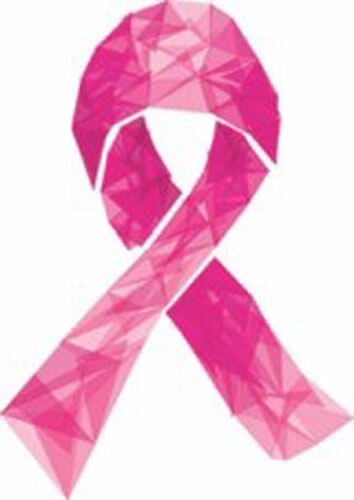Cancer can take on many forms and spread throughout the body, infiltrating healthy cells and causing an uncontrolled division of abnormal cells that often turn into tumors.
Various cancer-treatment options are available to treat men and women diagnosed with this potentially deadly disease, but the ones most familiar to many people are radiation and chemotherapy. Working with their doctors, patients can explore their treatment options to determine which therapies may be most effective.
Chemotherapy
Chemotherapy is a cancer treatment in which a patient is administered drugs that are designed to kill cancer cells. These drugs work by attacking the components that allow cells to divide, grow, and spread. Many chemotherapy drugs are given intravenously, in cycles, and over a couple of weeks, but some chemotherapy medications may be taken orally.
Chemotherapy primarily targets cells that divide rapidly, like cancer cells. But because other healthy cells also divide rapidly, such as cells in the hair and digestive tract, patients may experience side effects in these areas when undergoing chemotherapy treatment, according to the Southeast Radiation Oncology Group.
Radiation
Radiation surrounds us in various forms. Many people are familiar with ultraviolet radiation from the sun, and radiation can be present in certain minerals and substances as well. The high-energy particles and waves contained in radiation can be used in cancer therapy, according to the American Cancer Society.
Radiation therapy can be delivered in various forms. External radiation uses a machine that precisely directs high-energy rays from outside of the body into a tumor and nearby tissue. Internal radiation relies on a radioactive implant placed inside the body near the tumor. Systemic radiation is the delivery of radioactive materials to a patient orally or through an injection.
Hormone therapy
Doctors may suggest hormone therapy to treat breast cancer. The American Cancer Society says estrogen promotes the growth of cancers that are hormone receptor-positive (roughly 67 percent of breast cancers are). Hormone therapy will lower estrogen levels or prevent estrogen from acting on breast cancer cells. However, it will not work on tumors that are hormone receptor-negative.
Doctors use a combination of therapies to treat breast cancer and other forms of cancer. Learn more about various cancer therapies at The National Institutes of Health’s MedLine Plus website, www.nlm.nih.gov/medlineplus/druginformation.html, or speak with an oncologist.























